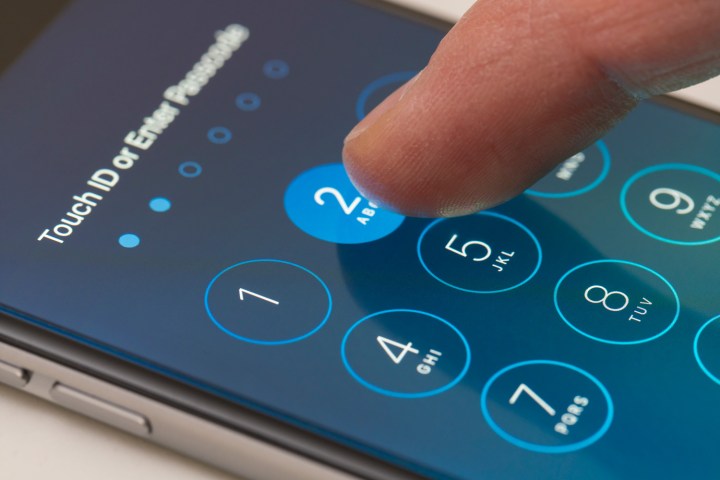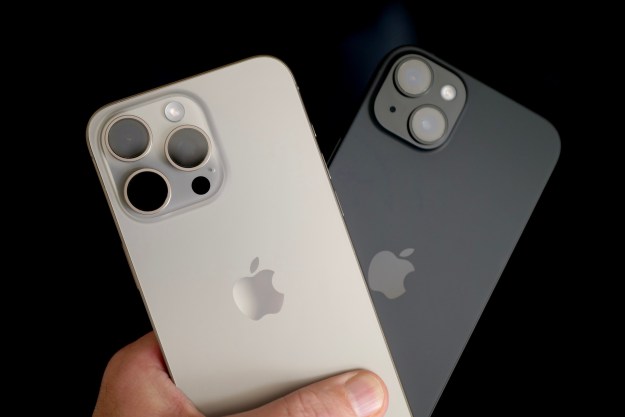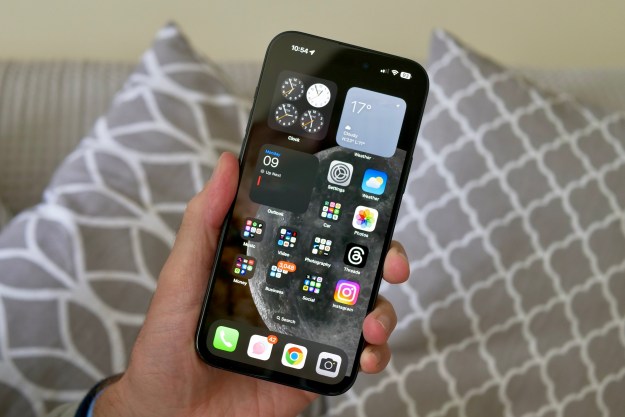
A number of recent courthouse decisions in Florida have stood in favor of police rights when it comes to searching your phone. A few weeks ago, an appeals court in the Sunshine State handed down a not-so-sunny decision when it comes to individual privacy, denying Fifth Amendment protections to iPhone passwords. That means that you could theoretically be forced to surrender your passcode to a police officer. This decision actually reversed a previous ruling that stated a suspect could not be required to reveal his or her phone key, as such a requirement would violate laws protecting us from self-incrimination.
Initially, the trial judge refused the state’s motion requiring the suspect in the case to hand over his passcode, but the Florida Court of Appeal’s Second District quickly overturned that decision. Judge Anthony Black said, “Unquestionably, the State established, with reasonable particularity, its knowledge of the existence of the passcode, Stahl’s control or possession of the passcode, and the self-authenticating nature of the passcode. This is a case of surrender and not testimony.”
He continued, “More importantly, we question the continuing viability of any distinction as technology advances.” This seems to set the stage for more consternation surrounding locked smartphones and the Fifth Amendment.
Of course, this is by no means the first time law enforcement has run into problems when it comes to obtaining passwords. Earlier this year, the FBI paid quite a large sum ($1.3 million), to have a hacker gain access to the San Bernardino, California shooter’s iPhone. And then much more recently, Scotland Yard decided to legally mug a suspect in order to grab his unlocked iPhone.
That said, the future of smartphones and how they’ll be dealt with in courthouses has yet to be determined. But this latest case in Florida may be setting the tone for what’s to come.
Editors' Recommendations
- Why you should buy the iPhone 15 Pro instead of the iPhone 15 Pro Max
- 3 reasons why I’ll actually use Anker’s new iPhone power bank
- There’s a big problem with the iPhone’s Photos app
- This one thing could make iOS 18 the best iPhone update in years
- When will Apple release iOS 18? Here’s what we know


